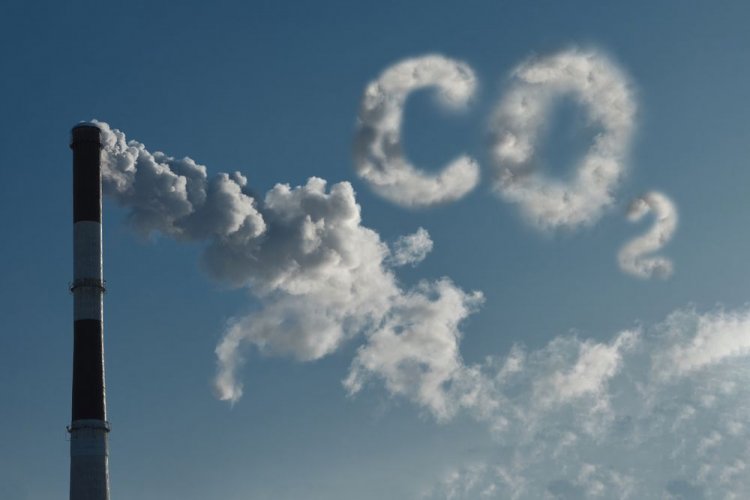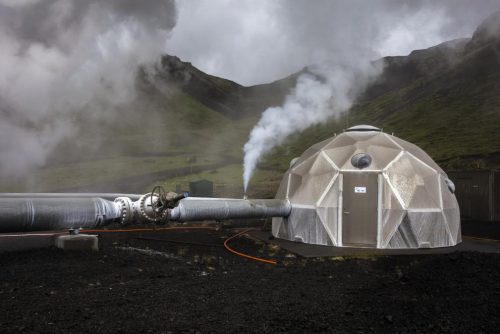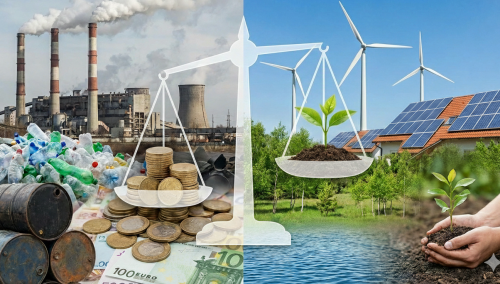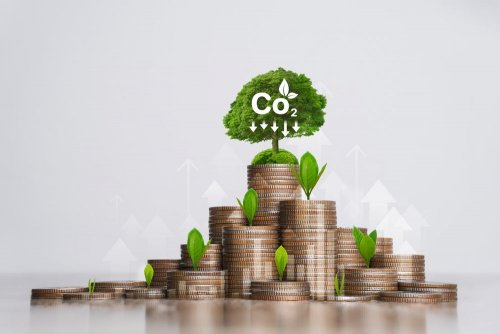The Federation of Employers of Ukraine has prepared a position paper and appealed to the government with recommendations on the settlement of CBAM issues.
This was reported by the press service of the Federation of Employers of Ukraine.
"During the joint meeting of the Customs Committee and the Ecology and Green Economy Committee at the FRU site, we discussed the first results of reporting within the framework of the EU-CBAM mechanism. The participants discussed problematic issues, as well as made proposals on ways to solve them. Not only the experience of Ukrainian companies was discussed, but and the experience of our partners – the Confederation of Danish Industry (DI), in particular, during her presentation, a representative of DI voiced the problems and opinions of importers of goods subject to the CBAM," the press service notes.
As it became known, during the discussion it was found out that the reporting system is new and it will change in the future. The European Commission will consider the appropriate modifications to improve the functioning of the CBAM.
The Federation of Employers of Ukraine addressed the Government with proposals that require immediate resolution:
- Identify the state body authorized for CBAM issues in Ukraine.
- To ensure the full functioning of the system of monitoring, reporting and verification of greenhouse gas emissions (GHG), which during the martial law does not work to its full extent, in particular, to shorten the terms of consideration of submitted documents, to apply an objective and professional approach and not to make refusals due to technical errors, which do not affect indicators of emissions.
- Accelerate the creation of an information base in Ukraine with indicators (coefficients) of CO2 emissions per 1 kW of consumed power, since reporting based on default control values is allowed only until July 2024.
- Urgently initiate negotiations with the European Commission regarding the application from 2026 for Ukraine of a declarative approach to goods imported into the EU and subject to the EMS, i.e., in fact, the same approach as for the rest of the countries, but without charging a fee for emissions.
- Urgently initiate negotiations with the European Commission regarding the involvement of the responsible authorities of Ukraine in the development of EU legislative acts regarding the verification procedure of CBAM reporting, in order to ensure the possibility of verification of such reports by Ukrainian business entities and, in the future, mutual recognition of the verification results by Ukraine and the EU.
- To consider the possibility of introducing a border carbon regulation mechanism (CBRM) in Ukraine in relation to third countries.
The FEU notes that this is the first step that was taken at the beginning of the implementation of CBAM in Ukraine.
"In the future, we plan to provide expert assistance to Ukrainian business, as well as defend interests both at the national and European levels," the press service added.
As EcoPolitic reported earlier, during the meeting of the Ecology and Green Economy Committee of the Employers' Federation of Ukraine, the Office of Green Economic Transition was presented.





